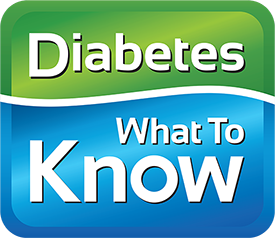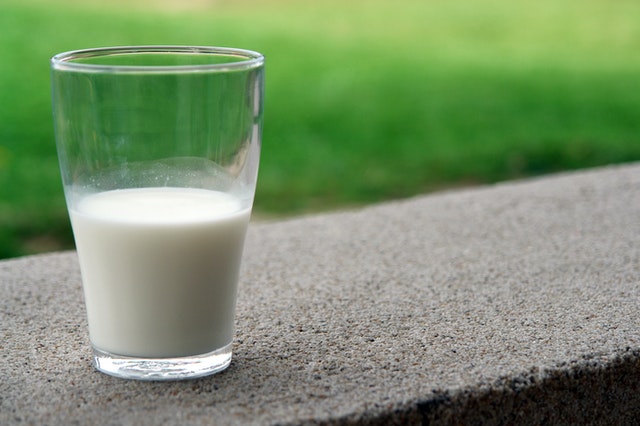[vc_row][vc_column][/vc_column][/vc_row][vc_row][vc_column][vc_column_text]Are certain kinds of milk better for me to drink?
Short Take:
Milk is an important source of protein, vitamins and minerals in our diets. While cow’s milk is a common (least expensive) variety, many milk alternatives or “non-dairy beverages” can be beneficial. Each one offers special features, but not every kind is recommended for everyone!
Tell Me More:
Drinking milk is a good way to consume calcium, an essential nutrient. It’s recommended that adults have 2-3 servings of milk or dairy alternatives per day, however, there are so many different types of milk on the shelves, it’s hard to know which to choose! Cow’s milk is a good place to start. It is normally the lowest cost and is rich in protein and calcium. A new dairy milk is now available called “ultra-filtered” milk (brand names, Fairlife or Simply Smart). Through a filtering process, this milk is higher in protein and lower in lactose.
If you have trouble digesting lactose, are dairy-free, or vegan, try plant-based milks, such as soy, almond, coconut, or oat milk. To be closer to the nutrient content of cow’s milk, most of these are enriched with calcium & other nutrients. You can even make your own, and we’ve included recipes below!
When choosing what type of milk is right for you, think about the following questions and read the labels carefully.
- Do you have trouble digesting milk? Are you lactose intolerant? Try a lactose-free milk such as Lactaid (lactose-free), an ultrafiltered milk, or a dairy-free alternative such as soy milk, oat milk, or a nut milk.
- Interested in boosting your protein? The best sources would be cow’s milk, soy milk, pea milk, or ultrafiltered milk.
- Focusing on fiber? The best sources of fiber are vegetables, fruits, beans and lentils, and whole grains. However, oat milk and some nut milks offer between 1-2 grams of fiber per cup!
What to do:
Think about the sources of dairy foods in your usual diet. Are you getting enough dairy? Is it meeting your calcium needs? If all your sources of dairy are high-fat cheeses, you may want to cut back a little and have more low-fat milk options instead. Add some variety in your diet by trying plant based milks – just read the nutrition facts panel so you know what you’re getting.
A word of caution:
- While many of the alternative milks are enriched with vitamins and minerals (such as calcium), not all are. Read the labels carefully.
- Check to see if what you are grabbing is “plain” or “sweetened” or flavored. Buying sweetened vanilla soy milk adds extra carbs and calories.
- Most milks come as either full-fat, low-fat or skim. Your choice will depend partly on taste preferences, and partly based on your overall calorie needs. Most people benefit from limiting saturated fat, but small amounts in a glass of full-fat cow’s milk or yogurt, is not harmful.

*Brand names are provided not as a recommendation, but as a reference for the nutrient and cost information. Check labels for other varieties.
Make Your Own:
Making your own plant-based milk is quick and easy if you have a high speed blender. It can be made even smoother if you strain it through a nut-bag or cheesecloth. Try making milks with oats, almonds or cashews. Remember that plant-based milks you make at home won’t have the benefit of added calcium, but the cost is much lower than buying it at the store. *Brand names are provided not as a recommendation, but as a reference for the nutrient and cost information.
Oat Milk
- Start by soaking 1 cup of oats (old fashioned rolled or steel cut) for about 20-30 minutes in a bowl of warm water (about 2 cups).
- Strain the oats through a sieve and discard the water.
- Put the oats in a high speed blender and add 4 cups of water. Blend about 2 minutes or until very smooth and creamy looking.
- If desired, you can strain this mixture through a nut milk bag or cheesecloth to make it even more milky. To enhance the flavor, try adding 1/8 tsp. salt, 1-2 dates for sweetness and ½ tsp vanilla extract).
Almond Milk
- Place 1 cup raw almonds (not roasted or salted) in a small container with a lid. Cover with water, then put the lid on and let sit on the counter overnight. In the morning, drain the water and rinse the almonds.
- Put the almonds in a high speed blender along with 4 cups water.
- Blend for about 1-2 minutes or until smooth. If desired, add flavorings (such as 1/8 tsp salt, 1-2 dates for sweetness and/or ½ tsp vanilla extract.)
- Strain through a cheesecloth or nut milk bag. Keep refrigerated in a covered glass bottle or jar for 4-5 five days.
[/vc_column_text][/vc_column][/vc_row]

